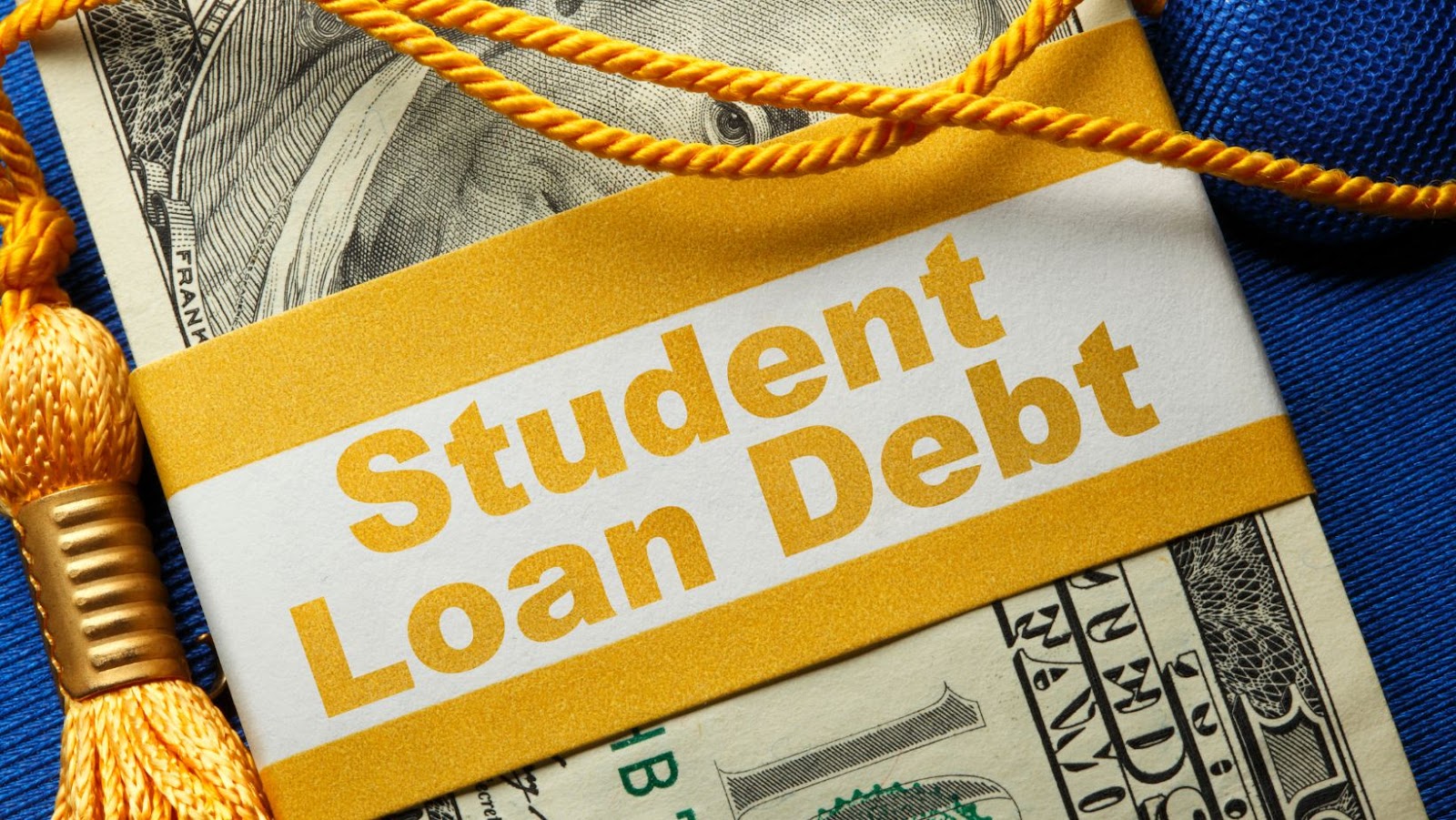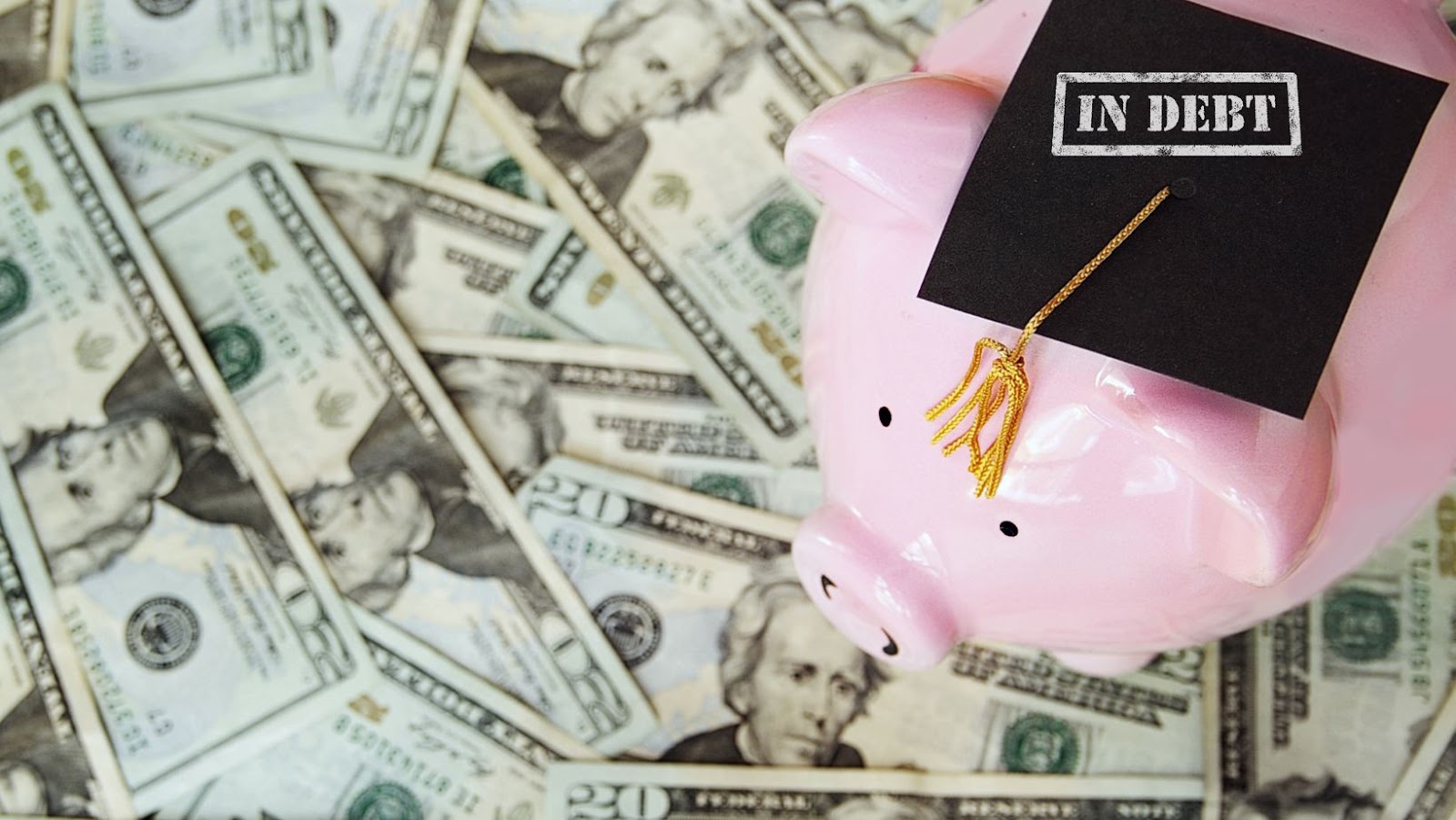
Does Paying Off Student Loans Really Boost My Credit Score? Find Out Now!
As someone who has struggled with student loan debt, I know firsthand how overwhelming it can be. And one question that often comes up is whether paying off student loans can help improve your credit score.
The short answer is yes, paying off your student loans can help your credit score. When you make on-time payments, this improves your payment history, which is the largest factor that goes into calculating your credit score. So the more consistently and responsibly you make your payments, the better your credit score will be.
Does Paying Off Student Loans Help Credit Score
Another way that paying off your student loans can help your credit score is by lowering your overall debt-to-income ratio. This ratio compares the amount of debt you owe to the amount of money you make. When you have a lower debt-to-income ratio, this shows lenders that you are more financially responsible and less of a risk to lend to.
If you’re like most college graduates, you probably have student loans to repay. Repaying them on time is essential, especially if you want to build good credit. But what happens when you pay off your student loans? Does paying off student loans help credit score? The answer may surprise you.
Positive Impact on Credit Score
Paying off your student loans can have a positive impact on your credit score. Here’s how:
– Lower debt-to-income ratio: Your debt-to-income ratio is a key factor that lenders consider when assessing your creditworthiness. Paying off your student loans reduces your debt and improves your debt-to-income ratio, which can increase your credit score.
– Fewer missed payments: Late or missed payments can have a negative impact on your credit score. By paying off your student loans, you eliminate the risk of missed payments, which can give your credit score a boost.
– Positive payment history: Making timely payments on your student loans can help you establish a positive payment history, which is one of the most important factors in determining credit score.
Neutral Impact on Credit Score
While paying off your student loans can have a positive impact on your credit score, it can also have a neutral impact. Here’s how:
– Loan closure: Paying off your student loans means that the accounts will be closed. Credit scores are based, in part, on the length of your credit history and the number of accounts you have open. Closing accounts can lower your credit score, although the impact is typically minor.
– Mix of credit: Having a mix of credit accounts, such as credit cards, car loans, and student loans, is generally good for your credit score. By paying off your student loans, you may be reducing the mix of credit accounts you have, which can have a neutral impact on your credit score.
Overall
In conclusion, paying off your student loans can have a positive impact on your credit score, particularly if you have a history of missed payments. However, it can also have a neutral impact or even lower your credit score slightly in some cases. It’s important to weigh the pros and cons before deciding whether to pay off your student loans early or stick to the repayment plan. Regardless of your decision, make sure you stay current on your payments and establish a positive payment history.
Other Factors That Impact Credit Score
While paying off student loans can help improve your credit score, there are other factors that can influence your credit score as well.
Payment History
One of the most important factors that affect credit scores is payment history. It refers to how regularly you pay your bills or other debts on time. Late payments can adversely affect your credit score, while consistent and on-time payments will show you as a low-risk borrower and raise your credit score.
Credit Utilisation
Credit utilisation is the percentage of your available credit limit that you use. Using too much of your available credit can hurt your credit score, even if you make your payments on time.
To maintain a good credit score, it’s best to keep your credit utilisation to less than 30%.
Length of Credit History
The length of your credit history is also a significant factor in your credit score. A longer credit history tends to reflect positively on your credit score, as it demonstrates your ability to handle credit over an extended period.
Credit Inquiries
Credit inquiries, or “hard pulls”, occur when you authorise a lender to access your credit report as part of a credit application process. Too many hard inquiries in a short period may indicate that you’re actively seeking credit or having financial troubles, which could negatively impact your credit score.
Types of Credit
The types of credit you have make up about 10% of your credit score. Having diverse types of credit, such as mortgages, loans, credit cards, and lines of credit, can demonstrate to lenders that you’re capable of managing different kinds of credit responsibly.
In conclusion, paying off student loans can certainly help boost your credit score, but it’s not the only factor that influences it. Focusing on other factors like payment history, credit utilisation, length of credit history, credit inquiries, and types of credit can help increase your credit score and put you in a better financial situation.
Things to Consider Before Paying Off Student Loans For Credit Score
While paying off student loans is crucial for financial freedom and stability, the question remains if it helps your credit score. Before making any significant payments on your student loans, consider the following factors:
1. Debt-to-income ratio: Your credit score takes into account your debt-to-income (DTI) ratio. Paying off student loans can lower your debt and thus improve your DTI ratio, which could positively impact your credit score.
2. Credit mix: Having a mix of different types of loans can positively impact your credit score. Paying off student loans too soon may lead to a lack of credit mix, which could negatively impact your credit score.
3. Credit history: The longer your credit history, the better your credit score. Paying off student loans too quickly can result in a shorter credit history, which may negatively impact your credit score.
4. Interest rates: If the student loan interest rate is relatively low, it may be more beneficial for your credit score to keep making regular payments and use the extra money towards high-interest debt or emergency savings.
5. Early payment penalties: Some student loans come with penalties for early repayment. Be sure to check if your loan has any penalties before paying it off early.
In conclusion, paying off student loans can potentially help improve your credit score, but it’s important to weigh the factors listed above before making any significant payments. In some cases, keeping up with regular payments while prioritising high-interest debt or emergency savings may be a more beneficial financial decision in the long run.
Conclusion
Paying off your student loans is a significant accomplishment that can lead to a sense of financial freedom and stability. If you’ve been wondering whether paying off your student loans will raise your credit score, the answer is generally yes. However, there is no guarantee that paying off your student loans will make a significant improvement to your credit score in every scenario.
Payment History
Your credit score is heavily influenced by your payment history, which accounts for 35% of your credit score. Paying off your student loans on time and in full each month will have a positive impact on your credit score since it establishes a track record of responsible debt management.
Credit Utilisation Rate
When you pay off your student loans, you may be able to reduce your overall debt, which can improve your credit utilisation rate. Your credit utilisation rate is the amount of credit you’re using compared to the amount of credit available to you. Having a low credit utilisation rate can help boost your credit score.
Credit Mix
Having a mix of different types of credit can help improve your credit score. Paying off your student loans eliminates one form of credit, so there could be a temporary dip in your credit score. However, the impact is usually minimal and short-term.
Credit Age
The length of your credit history can also affect your credit score. Paying off your student loans doesn’t remove them from your credit report but can positively affect your credit age by keeping the account open with a zero balance.
It’s essential to remember that there is no surefire way to boost your credit score overnight, and paying off your student loans may or may not have an immediate impact, depending on your overall credit profile. The key to fostering a healthy credit score is consistently managing your debt responsibly and making payments on time.
In summary, paying off your student loans can help improve specific aspects of your credit score, such as payment history, credit utilisation rate, and credit age. While it may not necessarily result in an instant credit score boost, it’s a smart financial move that can lead to long-term credit health.








